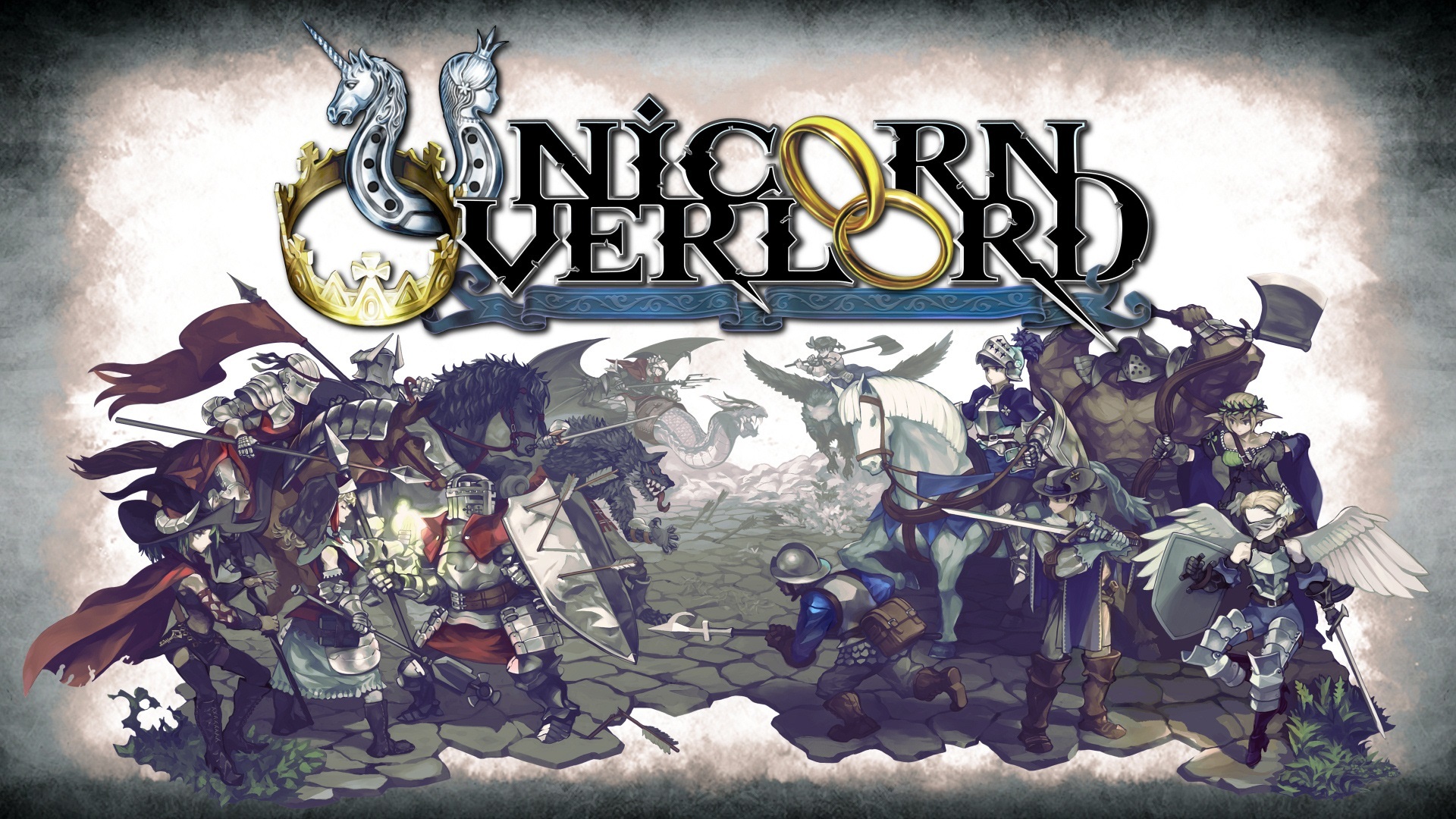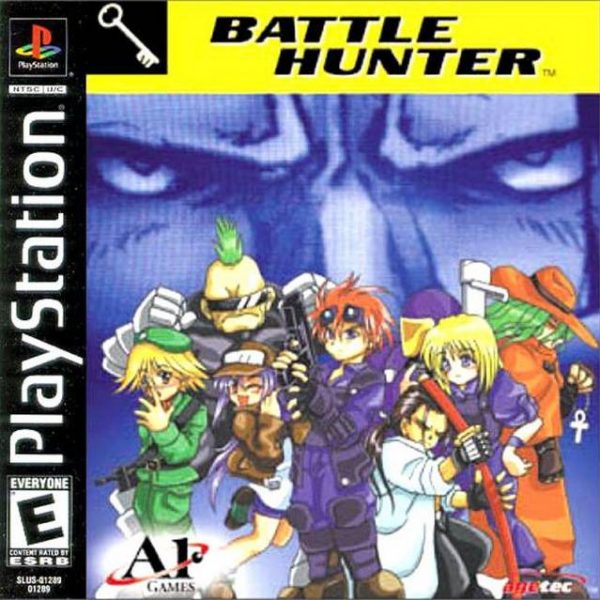
Never compare I Am Setsuna to Chrono Trigger. Ever.
July 12, 2019
I’d rather play Brigandine: The Legend of Forsena instead of something modern.
July 23, 2019Very few will appreciate Battle Hunter. Are you among the few?
Battle Hunter is one of those obscure RPGs that was shadowed by the colossi from Squaresoft. And Enix. And Atlus. And Capcom. During this era, it was hard to keep up with the influx of new and wonderful RPGs that infiltrated Sony’s maiden console. One thing Battle Hunter has over others is its combination of other genres. Battle Hunter is unique since it’s a mishmash of ideas. The type of gamer that would appreciate it will need to appreciate the ideas to their fullest.
Battle Hunter’s story is hardly a story. You’ll get most of it from the instruction manual. In the year 2039, a cataclysm caused most of humanity to perish. Scientific advances were lost underneath the earth. As mankind slowly built themselves back up, they learned that they could unearth these hidden technologies. It didn’t take long for this practice to turn into a business. Fifty years later, you take control of a character that digs up ancient technology for a living: a Hunter.
…that’s it. The majority of the dialogue comes from the shopkeepers and medics. Nothing about this story says “story.” But, for a game like this (remember, a mishmash of ideas) it works. It just doesn’t work for me. Actually, most of the game doesn’t work for me.

Upon starting a new game, you will create an avatar that represents you. After this, you get thrown into the thick of it. The majority of your time in Battle Hunter is spent in randomly generated maps searching for a Target Item. Each map contains eight boxes which must be opened to find the desired item. Your Hunter is up against three others and a swarm of monsters. The goal is to obtain the Target Item and make it to the exit, or kill the Hunter that finds the Target Item, and then make a run for the exit.
It sounds formulaic, but there’s a twist. Battle Hunter utilizes elements of both trading card games and board games to make each mission different every time. First, the amount you can move is left up to dice. After rolling them, you can move. During a Hunters turn, cards will get drawn that determine what additional actions they can do during their turn. Blue cards allow you to move extra spaces on the map and escape from a battle. Red cards let you add power to your attacks. Yellow cards let you avoid traps scattered throughout the board and grant defensive properties during battle. Finally, green cards let you set blockades. Your can choose to wait during your turn to earn additional cards.
It makes each mission a slow burn. The pacing of all this is brisk. However, the maps are so large that it can take a good hour or so to finally reach the end. Twists and turns can cause all of your progress to be for nothing. Think of it as Mario Party: if the computer isn’t feeling it, then it will be out to get you. While there is usually a solution for more problems, Battle Hunter’s formula favors a very specific type of player.
Once the mission ends, you’ll return to headquarters and claim your rewards. Money lets you heal and level up your character. Following that, it’s back to the ruins for another item hunt. If you have a multi-tap, then three other human players can take control of Hunters. Otherwise, you’re on your own as you go from one mission to the next. Like I said, this combination of ideas just didn’t work for me. That’s not to say it’s bad; it’s just different. Also, the presentation is worth a bit of praise. I love the simple 2D design of the sprites on the isometric maps. The anime styled characters in the home base remind me of my favorite era of anime. Surprisingly, the music is fantastic. There’s more variety than expected. It’s a mixture of rock, techno, synth and heavy percussion. I recommend giving it a listen.
If Battle Hunter sounds appealing, then the replay value is close to infinite. If not, then you’re better off avoiding it. It’s different. It’s rough around the edges. It’s eclipsed by a plethora of other RPGs. But, I know that there are gamers out there that eat these types of games up. I’m just not one of them.
Overall, 6/10 – Cards, boards, strategy, role-playing. It’s all there, but it’s a combination that doesn’t always work.





